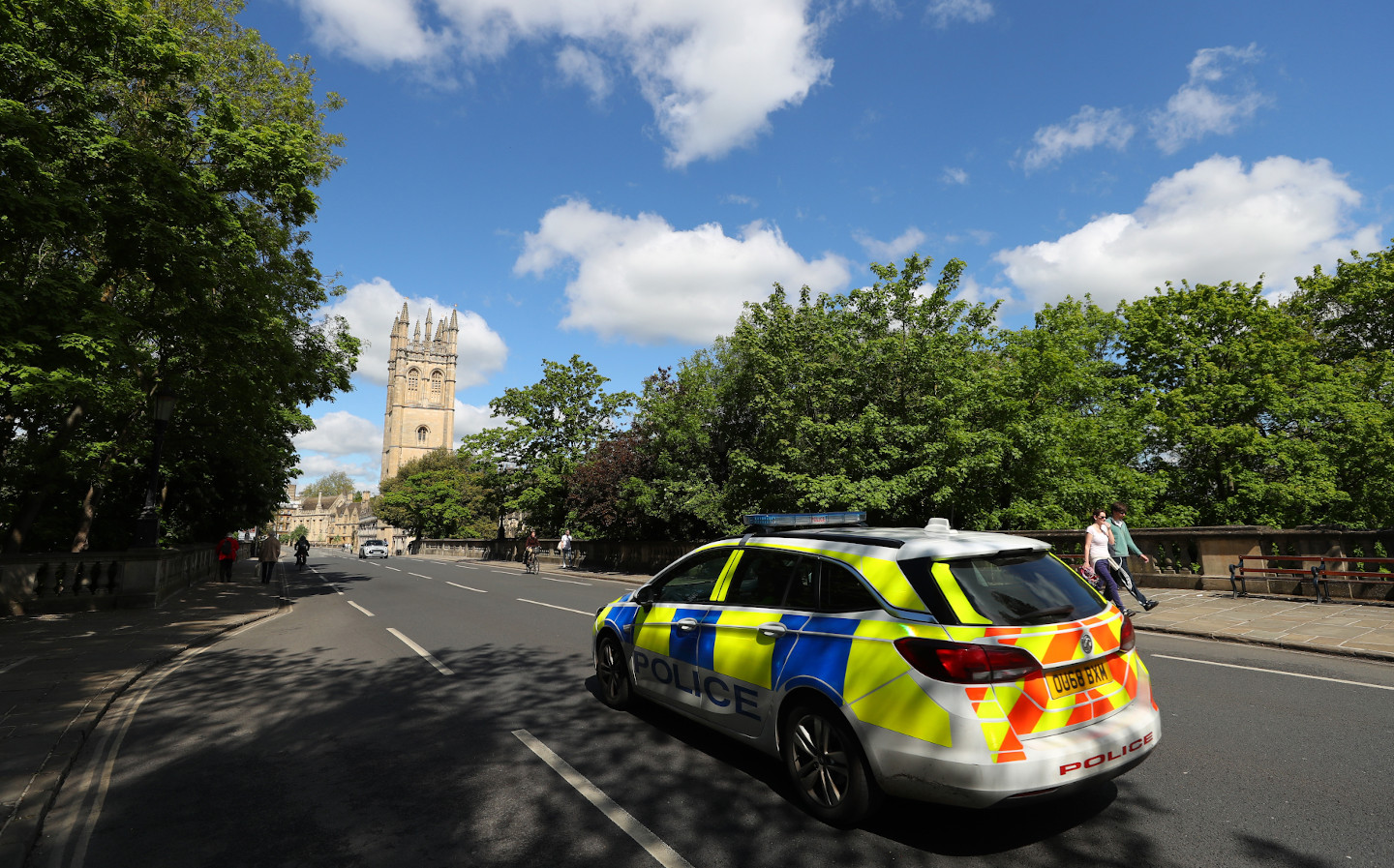Thirty new drivers per day were banned last year
Most common cause was lack of insurance
MORE THAN 11,000 drivers were banned from driving within two years of passing their test in 2019, according to official figures.
The data, obtained by AA Driving School from Driving and Vehicle Licence Agency (DVLA) records, shows that 11,125 novice drivers were banned last year. The most common reason for losing a licence was driving without insurance, which accounted for 49% of the total.
This could perhaps be due to the high cost of insurance premiums for younger drivers. The average cost of insurance for a 17-year-old driver was more than £1,700 per year in 2019, according to The Times.
However, the coronavirus lockdown is seeing insurance premiums drop, with fewer cars on the road meaning fewer collisions. The reduction in cost is biggest for younger drivers, who saw an average month-on-month decrease in 7% in their insurance premiums in March. Young drivers reportedly make up two thirds of new drivers.
The second most common reason for new drivers to lose their licence was speeding. Speeding can lead to having three points on your licence as well as a £100 fine, although in some cases you can do a speed awareness course in stead of taking points. However, the course can only be taken once every three years and more extreme cases of speeding can lead to automatic disqualification from driving.
Speeding has become rife during the pandemic, with drivers taking advantage of quieter roads to put their foot down. Last week, London Traffic Police enforced 468% more speeding offences than in the same week last year. Fifty of the 923 offences involved someone speeding over 100mph.
468% more #Speeding offences last week enforced by Traffic Police in #London than same week in 2019. 923 offences compared to 197.
Zone highs:-
➖20/56
➖30/77
➖40/103
➖50/115
➖60/105
➖70/130
*over 50 were above 100mphEach driver will now face consequences to their licence. pic.twitter.com/vveOuPn8fE
— Andy Cox (@AndyCoxDCS) May 11, 2020
Drivers typically get their licence taken away if they accumulate 12 points, but for new drivers it is six. The Department for Transport last year announced plans to introduce a graduated licence system for young drivers after it was announced one in five drivers are involved in a crash within a year of passing their test.
Countries including the US, New Zealand and Canada have similar restrictions. According to the British Medical Journal, the introduction of the restrictions in New Zealand back in the eighties saw a dramatic drop in the number of young driver crashes.
Proposals included banning new drivers from driving at night, introducing a minimum age for passengers and introducing a minimum learning period, which would do away with intensive driving courses that aim to teach students to drive within a week or two. However, some young drivers who work jobs that involve commuting at night expressed concern. The Times reported that the proposals are still under consideration.
Tweet to @KieranAhuja Follow @KieranAhuja
Can I go for a drive during the Coronavirus lockdown? (updated)
McLaren P1 hypercar designer has created ‘world’s safest’ baby seat





